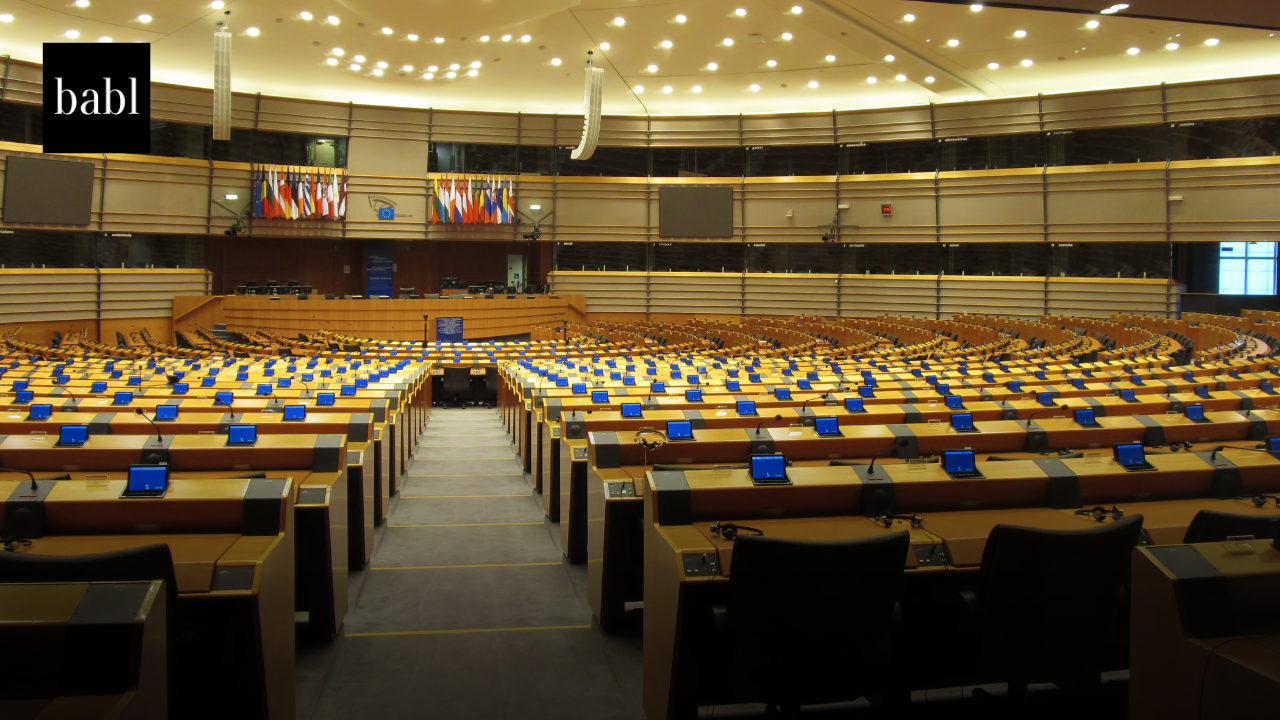The United Nations General Assembly has made a landmark decision by approving its inaugural resolution on AI. This significant draft resolution addresses both the opportunities and challenges presented by AI systems in achieving the Sustainable Development Goals (SDGs) and broader sustainable development objectives. It reaffirms the UN’s dedication to upholding international law, human rights, and the 2030 Agenda for Sustainable Development.
Recognizing the immense potential of safe, secure, and trustworthy AI systems to accelerate progress across economic, social, and environmental dimensions, the resolution underscores the urgent need for global consensus on governing these technologies. It emphasizes the importance of inclusive international cooperation in developing effective safeguards, practices, and standards that foster innovation while preventing fragmentation.
Furthermore, the resolution highlights the specific challenges faced by developing countries in keeping pace with AI advancements. It stresses the importance of bridging digital divides and providing support in capacity building, technical assistance, and financing to ensure meaningful participation in AI governance discussions.
The resolution encourages member states and stakeholders to adopt regulatory and governance approaches that cultivate an enabling environment for safe, secure, and trustworthy AI innovation and entrepreneurship. It outlines a framework of measures, including promoting transparency, human oversight, and accountability, protecting human rights, conducting risk monitoring and impact assessments, and enhancing public awareness and digital literacy. Additionally, the resolution recognizes data governance as pivotal to realizing AI’s benefits and calls for the sharing of best practices and promoting consistency in cross-border data flow.
Looking ahead, the resolution calls for continued discussions as AI evolves rapidly, promoting inclusive research and analysis to inform effective governance approaches. It emphasizes collaboration across governments, the private sector, civil society, and technical communities. The UN system is urged to enhance coordination in leveraging AI opportunities and addressing challenges through research, reporting, technical assistance, and capacity building, particularly for developing countries.
Finally, the resolution anticipates the 2025 review of the World Summit on the Information Society outcomes and the development of a global digital compact through the 2023 Summit of the Future. Overall, the resolution frames safe, trustworthy and well-governed AI systems as essential for accelerating sustainable development progress, provided digital divides are bridged and all countries can access AI’s benefits equitably through collaborative global cooperation.
If you’re wondering how the UN resolution, or any other AI resolutions, regulations and laws could impact you, don’t hesitate to reach out to BABL AI. Their Audit Experts will answer all your questions and concerns, while offering valuable insight, and ensuring you’re informed and compliant.





